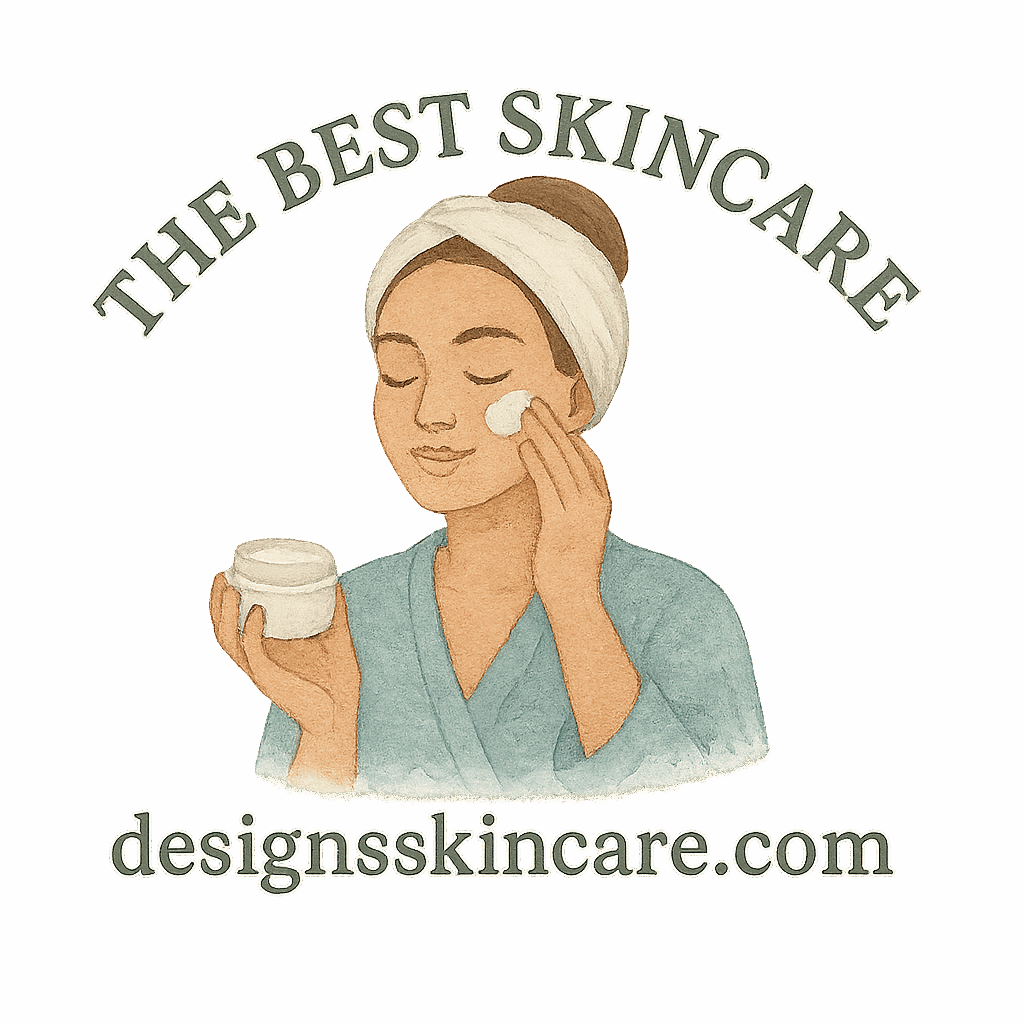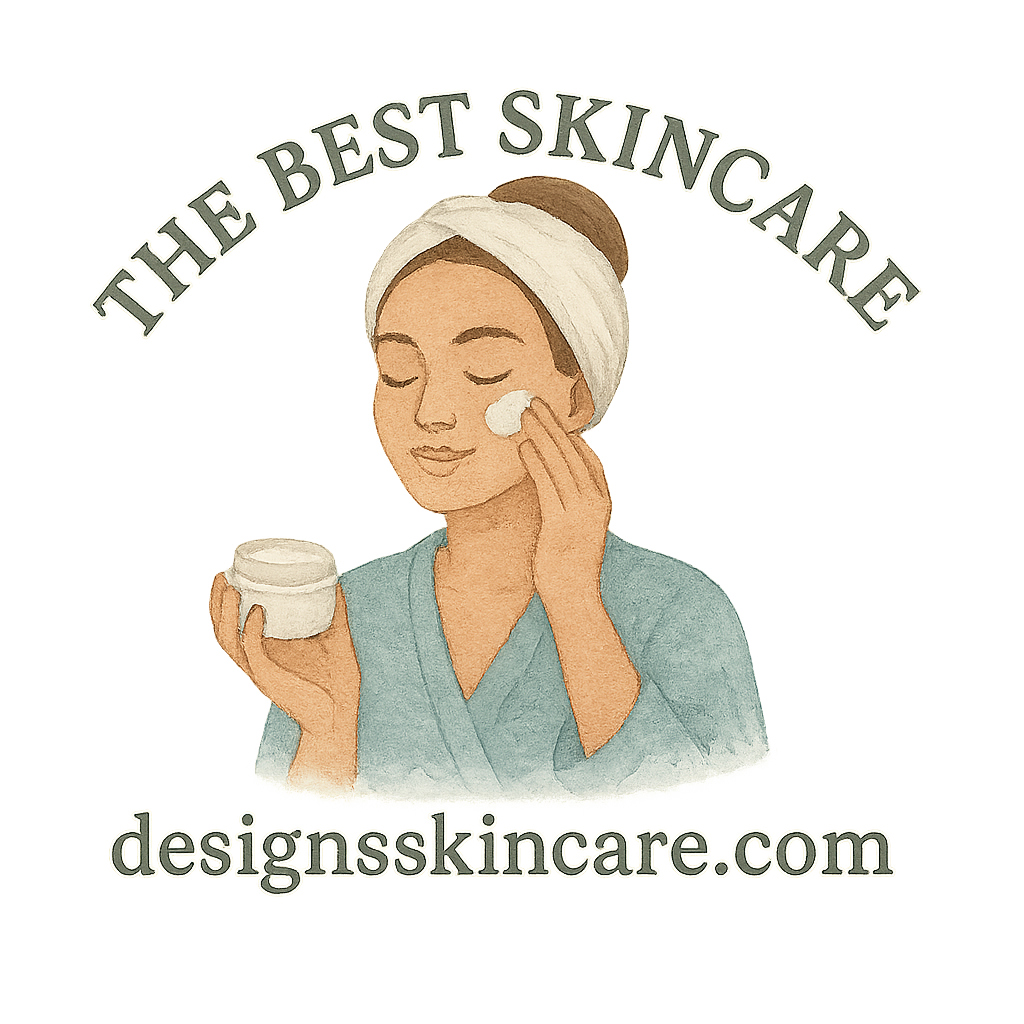H1: 6 Skincare Essentials for Menopausal Skin
As you navigate through the natural changes that come with menopause, you may notice a shift in how your skin behaves. While the transition can be empowering, it often brings challenges that affect your complexion—dryness, sensitivity, and signs of aging like fine lines or sagging. But here’s the good news: with the right skincare essentials, you can embrace this change and maintain healthy, glowing skin.
In this article, we’ll walk you through the skincare essentials you need to focus on to nourish your menopausal skin, repair damage, and keep your complexion looking youthful and vibrant.
H2: Understanding Menopausal Skin
H3: What Happens to Your Skin During Menopause?
Menopause marks a significant transition in a woman’s life, typically occurring between the ages of 45 and 55. This phase brings about several physical changes, and one of the most noticeable is how it impacts your skin. During menopause, estrogen levels drop, which causes the skin to lose its firmness, elasticity, and moisture-retention ability.
You may experience:
- Increased dryness: Skin becomes drier because of reduced oil production.
- Thinning skin: Loss of collagen and elastin leads to thinner, more fragile skin.
- Wrinkles and fine lines: The decrease in collagen production also contributes to visible aging.
- Loss of radiance: Reduced moisture and elasticity can leave your skin looking dull.
Understanding how these changes affect your skin is the first step toward adjusting your skincare routine.
H3: Hormonal Changes and Their Impact
Estrogen is a key player in maintaining skin hydration and elasticity. When your body undergoes hormonal fluctuations during menopause, it can lead to various skin concerns. The lack of estrogen causes a decrease in collagen, which is responsible for the skin’s structure, leading to sagging and wrinkles. Additionally, this drop in hormones can impair your skin’s natural barrier, making it more prone to dryness, irritation, and sensitivity.
H3: Common Skin Issues During Menopause
Let’s dive into some of the common skin concerns menopausal women experience:
- Dry skin: A drop in oil production results in parched skin, leading to tightness, irritation, and dullness.
- Wrinkles and fine lines: The skin starts to lose its youthful plumpness and begins to sag.
- Age spots and uneven skin tone: Melanin production changes during menopause, causing hyperpigmentation and sunspots.
- Acne and hormonal breakouts: Fluctuating hormone levels can also lead to acne flare-ups, especially around the chin and jawline.
H2: Essential Skincare Ingredients for Menopausal Skin
When dealing with menopausal skin, it’s crucial to choose skincare products with the right ingredients that address the challenges caused by hormonal changes. Here are the top ingredients that can make a significant difference:
H3: Hyaluronic Acid for Deep Hydration
As menopausal skin tends to be drier, incorporating hyaluronic acid into your skincare routine is a game-changer. This humectant draws moisture from the environment and helps to retain it in the skin, ensuring hydration. It’s perfect for keeping your skin plump and dewy, which can counteract the dry, tight feeling that many women experience during menopause.
H3: Retinol: Your Anti-Aging Ally
Retinol is often hailed as one of the best ingredients for fighting signs of aging. As you enter menopause, the skin’s ability to renew itself slows down, resulting in a buildup of dead skin cells. Retinol stimulates collagen production, helps with cell turnover, and reduces fine lines and wrinkles. It’s especially beneficial for thinning skin and signs of premature aging.
H3: Peptides for Skin Firmness
Peptides are short chains of amino acids that play a crucial role in promoting skin’s firmness and elasticity. With menopause leading to a decrease in collagen and elastin, using peptides in your skincare routine can help replenish these vital proteins, making your skin appear firmer, smoother, and more youthful.
H3: Antioxidants for Protection
Your skin needs all the protection it can get during menopause. Antioxidants like vitamin C and vitamin E are powerful in fighting free radicals and protecting your skin from environmental stressors. These vitamins help to brighten dull skin, improve skin tone, and fight the oxidative damage that contributes to aging. Regular use of antioxidant-rich products can protect your skin from further damage caused by pollutants, UV exposure, and stress.

H2: Skincare Routine for Menopausal Skin
A good skincare routine during menopause is all about choosing the right products that provide deep hydration, promote collagen production, and protect against further aging. Here’s a step-by-step guide to a routine that will help rejuvenate your skin.
H3: Step 1: Gentle Cleanser
The first step in any skincare routine is cleansing. But when it comes to menopausal skin, harsh cleansers can strip your skin of its natural oils. Opt for a gentle, hydrating cleanser that cleans your skin without drying it out. Designs Skincare offers excellent options for sensitive skin, ensuring your skin remains balanced.
H3: Step 2: Moisturizer
Dryness is one of the most common skin complaints during menopause. A rich, nourishing moisturizer will help to lock in hydration and prevent your skin from becoming tight or flaky. Look for moisturizers containing hyaluronic acid or ceramides, which help maintain your skin’s moisture barrier.
H3: Step 3: Sunscreen
It cannot be stressed enough: sunscreen is essential for menopausal skin. During menopause, your skin becomes more prone to pigmentation issues like age spots, especially when exposed to the sun. Make sure to use a broad-spectrum sunscreen with an SPF of at least 30 daily. For added protection, you can use a sunscreen designed for menopausal skin that includes antioxidants to protect against free radicals.
H3: Step 4: Exfoliation
Exfoliation helps to remove dead skin cells, revealing a fresh layer of skin. However, menopausal skin can be sensitive, so it’s important to use gentle exfoliants like chemical exfoliants (AHAs or BHAs) rather than physical scrubs that may cause irritation. Exfoliating once or twice a week will keep your skin smooth and glowing.
H3: Step 5: Targeted Treatment
If you have specific skin concerns, such as age spots or fine lines, consider incorporating serums or masks into your routine. Look for products with retinol, peptides, or vitamin C, depending on your skin’s needs.
H2: Lifestyle Changes to Support Healthy Skin
In addition to using the right skincare products, your lifestyle plays a huge role in the health of your skin.
H3: Healthy Eating for Glowing Skin
What you eat directly affects your skin. A diet rich in antioxidants, healthy fats, and vitamins can support your skin’s health. Include foods like berries, nuts, and leafy greens to nourish your skin from the inside out.
H3: Staying Hydrated
Drinking plenty of water throughout the day helps keep your skin hydrated and healthy. This is especially important during menopause, when your skin can become drier.
H3: Exercise and Blood Circulation
Regular exercise improves blood circulation, delivering oxygen and nutrients to your skin. It also helps to reduce stress, which can lead to breakouts and other skin issues. Incorporating exercise into your daily routine can keep your skin looking youthful.
H2: Common Mistakes to Avoid in Menopausal Skincare
While it’s important to focus on the right ingredients and routines, there are also some common skincare mistakes to avoid during menopause:
H3: Overuse of Harsh Products
While it’s tempting to try all the latest anti-aging products, overuse of harsh exfoliants or treatments can damage the delicate menopausal skin. Stick to a routine that balances nourishment and gentle care.
H3: Ignoring Sun Protection
It’s easy to forget sunscreen, especially when you’re at home. But sun exposure can worsen age spots and fine lines, so never skip this crucial step.
H2: Conclusion
Navigating menopausal skin can be challenging, but with the right skincare routine and ingredients, you can keep your skin healthy, hydrated, and glowing. Remember to hydrate, protect from the sun, and choose products with ingredients like hyaluronic acid, retinol, and peptides to keep your skin looking youthful and resilient.
H2: FAQs
1. Why does my skin become dry during menopause?
The decrease in estrogen during menopause causes your skin to produce less oil, leading to dryness and irritation.
2. What are the best anti-aging ingredients for menopausal skin?
Retinol, peptides, and antioxidants like vitamins C and E are essential for combating signs of aging.
3. Can I still get acne during menopause?
Yes, hormonal fluctuations during menopause can lead to acne, especially around the chin and jawline.
4. How often should I exfoliate my menopausal skin?
Exfoliate once or twice a week using a gentle chemical exfoliant to avoid irritation.
5. Is sunscreen important for menopausal skin?
Absolutely! Sunscreen helps prevent further aging signs like age spots and wrinkles.
6. Can a healthy diet improve my menopausal skin?
Yes, foods rich in antioxidants, vitamins, and healthy fats can help nourish and protect your skin.
7. How can I improve my skin’s elasticity during menopause?
Using peptides, retinol, and moisturizing regularly can help improve your skin’s firmness and elasticity.


